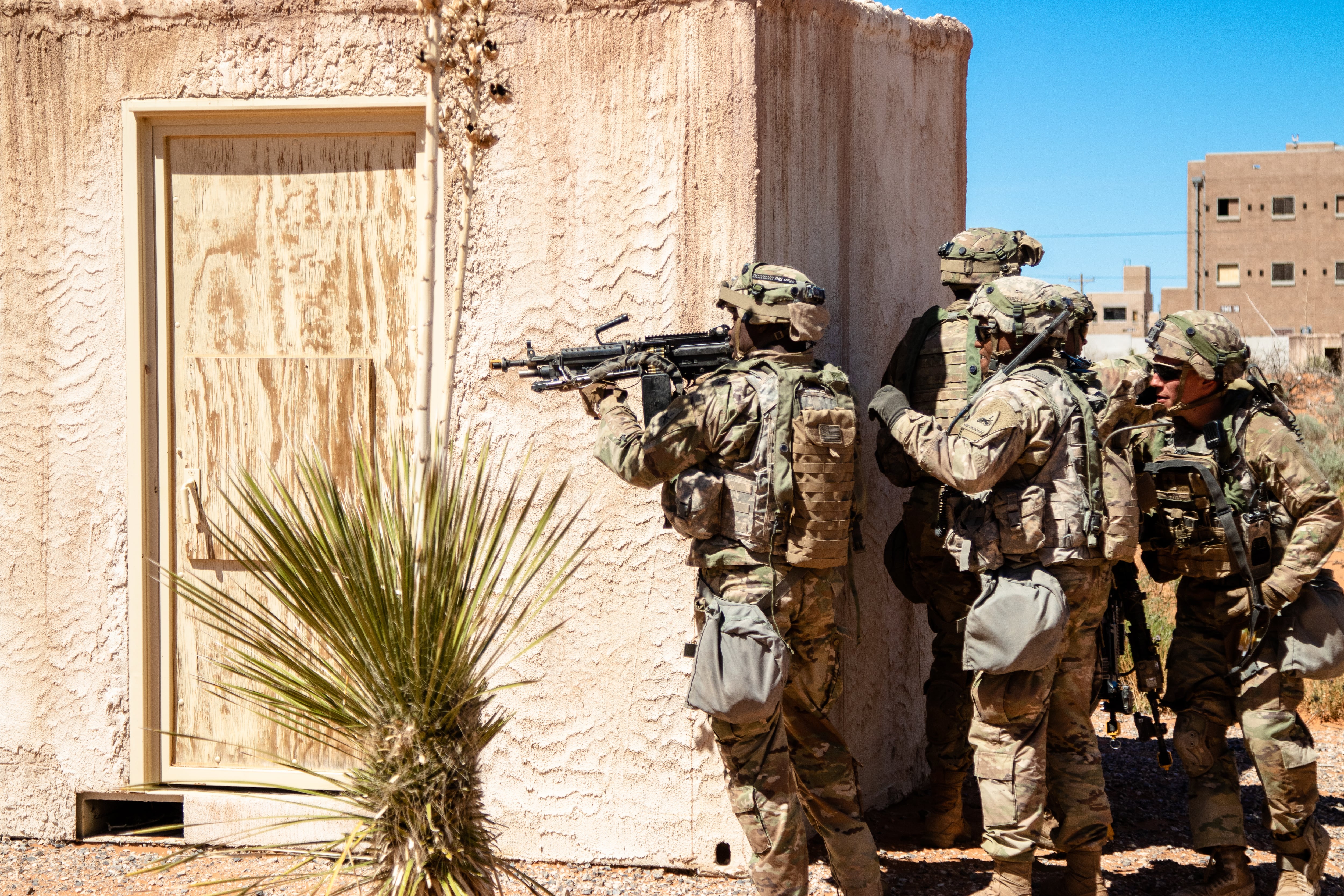Note: This commentary was originally published in the April 29 print edition of Army Times.
Today’s Army is busy. But then again, in my 29 years in uniform, we have always been busy. An insatiable appetite to “be better” seems to be part of our DNA. Whether it is physical fitness, combat drills or maintenance, we are conditioned to make our part of the enterprise better than we found it.
War is chaos, and by definition constantly changing. As we cannot change the nature of war, we must learn to invest in our Soldiers and Families within this construct. Simply put, we must focus on the long game versus the short game.
When we talk about the long versus short game, think in terms of either a golf or investing analogy. In golf, the long game is the beginning drive down the fairway that must occur to allow you to get to the putting green, where the short game then begins. It is impossible to achieve success, let alone start the short game without the long game. In investments, the long game refers to your long-term investment goals compared to any potential short-term opportunities to profit.
If you relate to golf, I argue that conflict is the short game where success is not possible unless you have a trained and ready standing professional force before the outset of war. If investing is more your comfort zone, I am stating that if you don’t understand your strategic purpose, you are likely to fail by maximizing short wins which reduce your posture for future growth and success.
In order to understand why this is important, we must agree on why we exist as a professional force during peace as well as war. The old Soldiers reading this may say, “We exist to fight and win our nation’s wars.” I argue our purpose has evolved over the last two decades and has become much simpler: we exist to “be ready.” Be ready for what? It does not matter. World War III, pandemic outbreak, alien invasion, or zombie apocalypse will all call for the Army to wade into the breach at a moment’s notice.
The U.S. Army is the 300-pound gorilla of our nation’s military. Though all our great armed forces are magnificent tools of national power, no other service has our size, capability, and endurance to react, engage, and sustain operations of national importance.
Across all these potential missions and crises, there is only one known resource we will draw upon continually to “be ready” — our people.
It is easy to understand that training and retaining the best leaders and Soldiers are our center of gravity to success. We must understand that the strongest influencer to our center of gravity beyond our troops is their families. Gen. Raymond Odierno, the 38th Army chief of staff, always said, “The strength of our nation is the Army, the strength of our Army is our Soldiers, and the strength of our Soldiers is their families.”
What we may not realize is that over time organizations and more senior leaders are conditioned to focus on the short game tasks. It becomes natural for leaders to see leave, education, schools and family events as just another distractor to engage and reduce to ensure maximum time to complete the mission. If we are not careful, we will win the daily efficiency battles at the cost of our core purpose: being ready. Our investment in people will naturally negatively impact our daily task accomplishment, but the return is in the long game of retaining the very best.
The Army’s recent directive to visit family housing is a perfect example to highlight how to apply the long-game mentality. If you view checking housing through a short-game lens, there was no value to accomplishing this effort. Actually, it hurt your ability to achieve your critical short-term requirements such as ranges, certifications and LFXs. If you change your perspective to the long game, the conclusion is much different. Quality housing directly impacts the happiness of Soldiers and their families. The value of these checks to the Army is exponentially more powerful than other short-term priorities.
Focusing on the long game, leaders must apply the art of leadership. Imagine that next month your unit is going into gunnery. Much of your training has been provided by your very best instructor, Sgt. Pearson, who is a talented team leader. Today, Sgt. Pearson requested to miss three days of the 10-day gunnery to attend his 10-year-old daughter’s regional spelling bee championships. What do you do?
If you said, “Tell him he is going to the range,” think a little more before you respond. Your unit’s expert rate is a short-term goal, which begins to expire as soon as you leave the range. However, Sgt. Pearson is a tremendous NCO, who has the potential to impact thousands of Soldiers over many years to come — only if he stays in the Army. Imagine the commitment and empowerment you instill in him and others by telling him that the only thing he cannot miss is his daughter’s spelling bee. This sometimes intangible “it” factor many high-performing units display is simply the manifestation of Soldiers recognizing they have value to the organization beyond their contributions to the daily tasks.
Great Soldiers want to stay with organizations that make them feel important and value added.
Col. Glenn C. Schmick is the commander of the 18th Military Police Brigade based in Vilseck, Germany.




